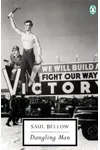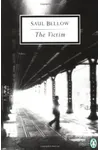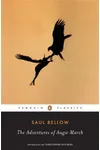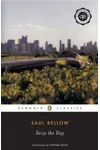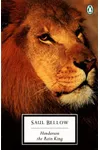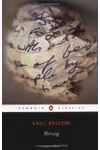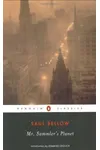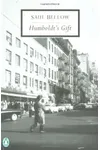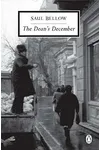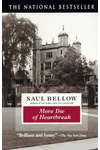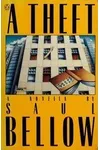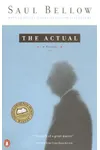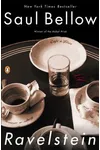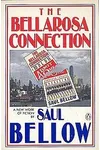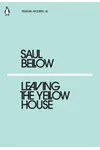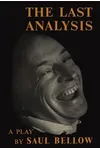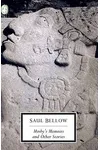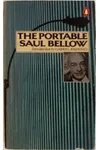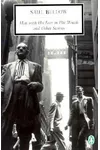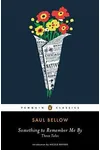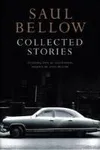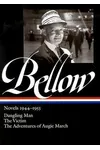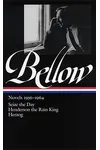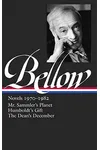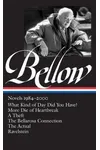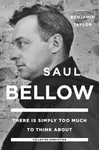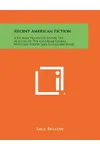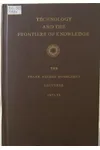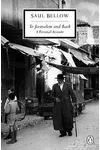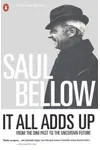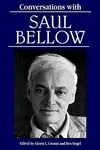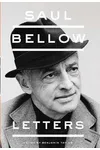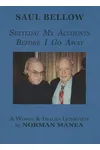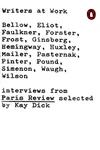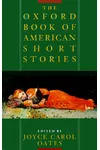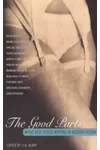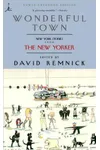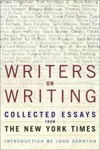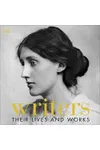Picture a Canadian-born wordsmith who spun tales of restless souls and vibrant cities—meet Saul Bellow! With his picaresque novels like The Adventures of Augie March, Bellow reshaped 20th-century literature, blending intellectual depth with raw emotional power. His stories, brimming with wit and humanity, earned him the Nobel Prize and a lasting spot in America’s literary heart.
The Making of Saul Bellow
Saul Bellow was born in 1915 in Lachine, Quebec, to Russian-Jewish immigrants. Raised in Chicago’s bustling streets, he soaked up the city’s grit and diversity, which later colored his vivid settings. A voracious reader, Bellow studied anthropology and sociology at Northwestern University, but fiction was his calling. His debut novel, Dangling Man (1944), a introspective war-time tale, marked him as a bold new voice.
Saul Bellow’s Unforgettable Stories
Bellow’s novels are like lively conversations with flawed, searching characters. The Adventures of Augie March (1953) follows a Chicago dreamer chasing the American Dream with infectious energy. Seize the Day (1956) captures a single, desperate day in Tommy Wilhelm’s life, wrestling with failure and hope. Herzog (1964), a whirlwind of letters and musings, explores intellectual isolation. Bellow’s style—rich, witty, and philosophical—blends humor with existential questions, making his characters feel like old friends.
His themes often circle spiritual hunger and modern alienation, set against urban backdrops. Whether it’s Augie’s boundless optimism or Herzog’s introspective chaos, Bellow’s characters grapple with what it means to be human. His later works, like Humboldt’s Gift (1975), dive deeper into art, fame, and morality, cementing his reputation as a literary giant.
Why Saul Bellow Matters
Bellow’s impact is seismic. He gave American literature a new voice, blending Jewish cultural threads with universal struggles. His Nobel Prize in 1976 celebrated his ‘human understanding and subtle analysis of contemporary culture.’ Writers from Philip Roth to Martin Amis cite his influence, and readers still find solace in his empathetic portrayals of life’s messiness. Bellow’s legacy endures in classrooms, book clubs, and dog-eared paperbacks.
- Born: June 10, 1915, Lachine, Quebec
- Key Works: The Adventures of Augie March, Herzog, Seize the Day
- Awards: Nobel Prize (1976), Pulitzer Prize (1976), National Book Award (three-time winner)
Ready to meet Augie or Herzog? Snag The Adventures of Augie March and dive into Saul Bellow’s vibrant, soulful world!
